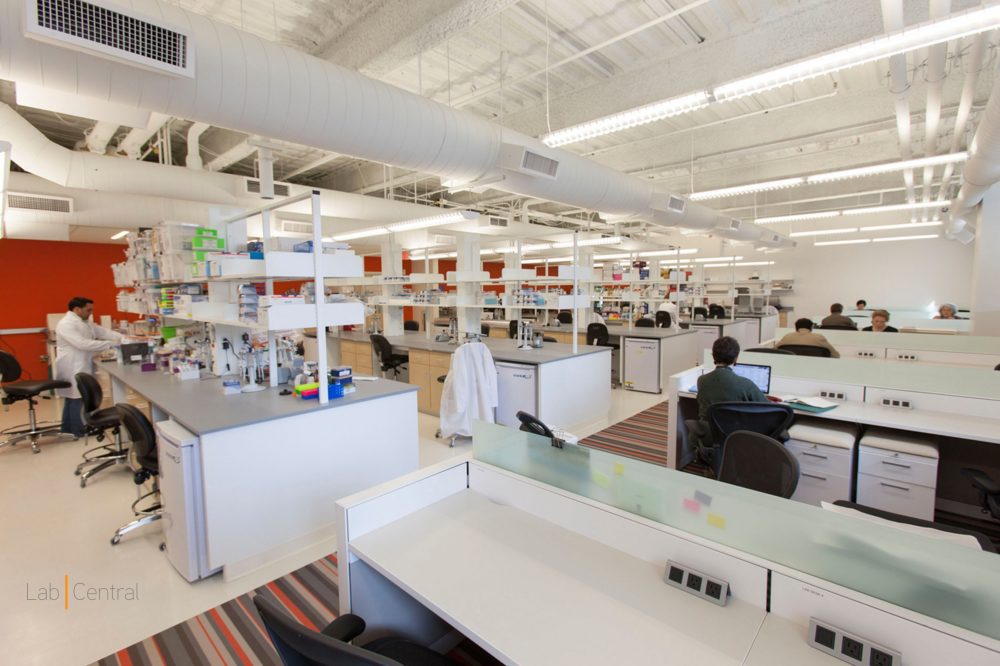Advertisement
Biotech Firms May Be Key To Beating The Coronavirus, But They're Not Immune To Financial Worry

Scott Robinson used to be an investment banker, so he has a pretty good idea why it's tough these days to raise money for his Cambridge biotechnology startup, MicroQuin — even though the company believes its approach to fighting cancer could show promise against the coronavirus.
"At the moment, a lot of the funding has really been allocated to things that people are thinking are quick wins — stuff like drug repurposing or vaccinations," he said.
For a handful of drugmakers taking on the coronavirus, fundraising is no problem right now. But for many other Massachusetts biotechs, the pandemic threatens to stop the flow of money.
If you're a company like MicroQuin, and you don't have a coronavirus vaccine candidate or a drug ready to test against COVID-19 — good luck getting new financing.
And there's no telling when investors will feel comfortable spending again.
"We've seen many investors sort of push the pause button for the next quarter, as they assess the market," said Jonathan Norris, a managing director at Silicon Valley Bank. He spoke this week on a virtual panel organized by LabCentral, the Kendall Square workspace where Robinson's company and about 70 others are based.
"We just don't know how long this pandemic is going to last," Norris said. "The big financial questions that investors are talking about are, 'What's going to happen in the public markets? Will IPOs happen?'"
Initial public offerings of stock can be critical to biotechs. They often infuse cash into young firms that have raised venture capital but don't yet have any FDA-approved drugs to produce revenue.
The Nasdaq Biotechnology Index has recovered some losses, after falling more than 20% last month. But it's still a scary time, said Robert Urban, the former head of Johnson & Johnson's innovation division. J&J has secured a $1 billion deal including federal grants to try to develop a vaccine, but most companies aren't in that position.
Advertisement
"We have some tough days ahead — and maybe tough months ahead," Urban said of the biotech industry. "So, anyone who's running a business — a life science business, in some ways, may be even more difficult because they require so much money — needs to be taking some very careful care of the decisions that they make."
Urban and Norris were joined on the LabCentral panel by Matt McTygue, an attorney who represents venture capitalists. It's not that investors aren't doing any deals, McTygue said, but he offered a warning: "Financings that do happen during this time are going to be on more investor-favorable terms, more dilutive terms."
In other words, entrepreneurs who are desperate for funding may have to give up bigger-than-usual ownership stakes in their companies.
This segment aired on April 8, 2020.
